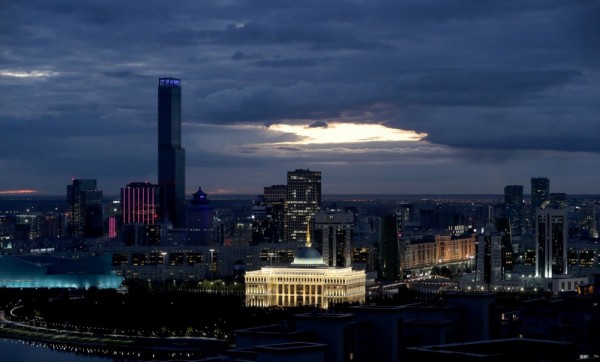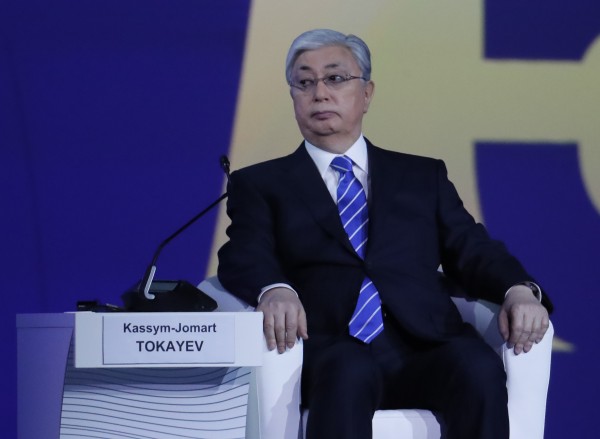H. E. Nursultan Nazarbayev
President of Kazakhstan
Almaty
Kazakhstan
Vienna, 10 November 1998
Your Excellency,
The International Press Institute (IPI), the global network of editors and media executives, is most concerned about independent reports which indicate that the Kazakh government is clamping down on the private media in the run-up to the January 10 elections.
IPI has been informed that the authorities have visited many independent media offices and warned journalists and media owners against covering the opposition candidates, or publishing negative stories against the President, his policies or his family.
Additionally, IPI’s sources have reported that an independent radio station has been told that any political stories must be cleared by an ‘adviser’ before airing, and that the director of an independent television station has told his new department to consider themselves part of the ‘presidents’ team.’
The independent media in Kazakhstan already walks a precarious line in view of some unrealistic aspects of the ‘language law.’ This law states that a station must broadcast a 50/50 balance of programming in Russian and Kazakh. Independent research indicates that none of the stations in Kazakhstan, including government television, are able to maintain that balance. The private media are, as a result, reluctant to risk offending the authorities for fear that the language law may be invoked as retaliation. The threat of closure or expensive court litigation is having a chilling effect on legitimate journalistic coverage of the election campaign.
Journalists are also under the threat of prison terms if any coverage ‘insults’ the President or a member of his family. Consequently, a significant number of articles are lost to self-censorship.
Our information indicates that the administration has financial and editorial links to many of the country’s largest private television and radio networks as well as print ventures. Your daughter, Dariga Nazarbayeva, controls at least three television networks and two radio networks. Many other family members are reputed to maintain ownership links to other stations. These ties mean neutral and critical coverage of the administration’s policies are virtually non-existent, even before other state interference is taken into account.
There are also widespread allegations that stations with administrative connections have not been obliged to go through the licensing process. While they have been allowed to broadcast automatically, many other independent stations have had to pay hundreds of thousands of dollars before broadcasting.
Although IPI was encourages by your recent calls to remove barriers obstructing a free press in Kazakhstan, it is evident that the state is continuing to impede the free flow of information. True democratic development requires a free and pluralistic press to keep the public reliably informed and to stimulate the public debate. The flow of information is particularly vital in the run-up to elections. We urge you to immediately take the necessary steps to ensure that journalists are permitted to freely practice their profession without fear of censorship or harassment. Kazakhstan’s backwards slide to authoritarianism is inevitable if it continues to muzzle the press.
We thank you for your attention.
Yours sincerely,
Johann P. Fritz
Director


